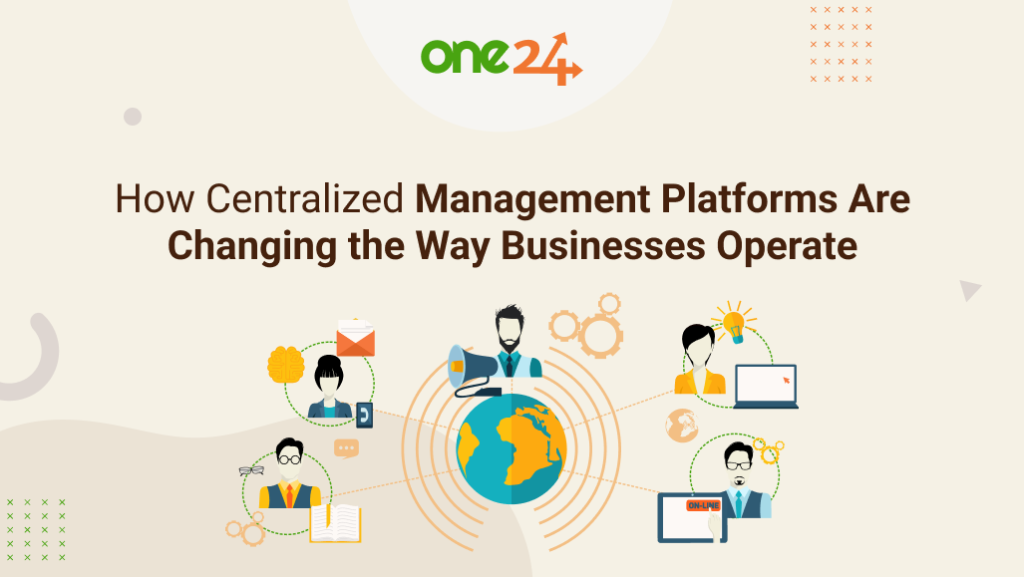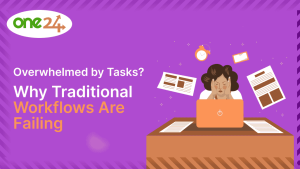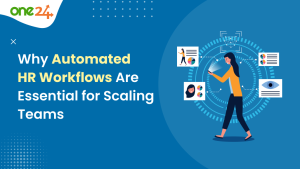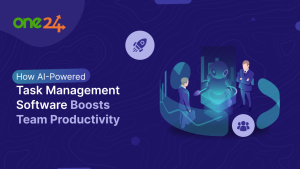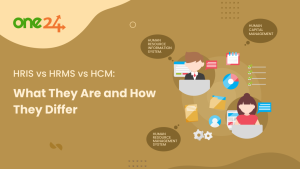Why Centralized Management?
Your sales team swears inventory is low, but warehouse logs show full stock. Meanwhile, accounting is using last quarter’s numbers because they can’t access the live data. Sound familiar? That’s what happens when data lives in silos, and it costs businesses way more than just headaches.
Centralized management fixes this by:
- Eliminating version control nightmares (no more “Which spreadsheet is the real one?”)
- Slashing security risks from scattered logins and duplicate files
- Speeding up decisions because everyone’s looking at the same real-time info
Funny how something as simple as “one truth source” can feel like finding the last charger at an airport — a total game-changer.
1. Fixing The Lost Data Syndrome (Without the Office Drama)
Data silos aren’t just annoying — they’re profit killers. Marketing is running campaigns based on old customer stats. HR is onboarding new hires with expired compliance documents. Operations is basically playing telephone with inventory updates.
How Centralized Platforms Fix It:
- Pull every scrap of data into a single hub — sales, inventory, customer feedback, you name it.
- Auto-sync updates so the whole team’s always on the same page (literally).
- Give role-based access — meaning Bob in accounting sees what he needs, not your entire client database.
Real-World Win: A boutique e-commerce store started seeing 30% fewer “out of stock” complaints after centralizing their inventory and sales data. Turns out, when the website actually knows what’s in the warehouse, customers stop getting ghosted at checkout.
2. No More “Garbage In, Gospel Out”
Ever made a call based on data, only to realize later it was outdated or just plain wrong? Dirty data costs U.S. businesses $3 trillion annually (yeah, with a T). The culprit? Systems that let duplicate entries, missing fields, and formatting free-for-alls slide.
Why Centralization Cleans Up the Mess:
- Standardizes data at entry — say goodbye to “Abd,” “Ahmedabad,” and “Amdavad” fighting in your CRM.
- Flags inconsistencies like a $10,000 sale from a free-tier customer (probably a typo, definitely a red flag).
- Lets you set validation rules — because “banana” shouldn’t be a valid phone number.
Pro Tip: If your team spends more time fixing errors than analyzing data, centralization pays for itself in under six months.
3. Security That Doesn’t Require a PhD to Manage
Here’s a scary thought: The average company uses 130 SaaS apps, and employees share data across them with shockingly lax controls. One weak link (looking at you, ex-employee’s never-revoked Google Drive access) can blow up your compliance efforts.
Centralized Platforms Lock Things Down By:
- Encrypting everything — even if hackers get in, they’re getting gibberish.
- Automating access reviews — so freelancers don’t keep permissions forever.
- Generating audit trails — for regulators who want proof you’re not playing fast and loose with data.
Compliance Hack: Healthcare startups using centralized platforms cut HIPAA audit prep time by 70%. Turns out, when all patient data is tracked in one system, proving compliance isn’t a scavenger hunt.
4. Efficiency That Actually Scales
Growing businesses often hit a wall where adding new tools creates more work. Suddenly, you’re managing logins for 20 apps and paying for overlapping features. This wastes hours on manual data transfers.
Centralization Cuts the Clutter By:
- Automating repetitive tasks (think: auto-backups, software updates, report generation).
- Letting you monitor everything from one dashboard — no more tab-hopping between platforms.
- Making integrations seamless — so new tools plug right into your existing system.
Case in Point: A 20-person tech agency saved 15 hours/week by ditching their patchwork of project management apps for a centralized platform. Turns out, not having to update Trello and Asana and Jira for every task change is… liberating.
5. Decisions That Don’t Rely on Crystal Balls
Ever sat in a meeting where everyone’s arguing over whose data is “right”? Centralized platforms end those debates by giving leaders:
- Real-time dashboards (no more waiting for IT to run reports).
- Historical trends that actually compare apples to apples.
- Custom alerts for when metrics hit thresholds (because finding out about a sales dip after the quarter ends is brutal).
The Big Question: Is Centralized Right for You?
Honestly? If you answer “yes” to any of these, it’s time to consider it:
- Do employees complain about “not being able to find” data?
- Are you manually moving data between systems (excluding Excel, which is not considered automation)?
- Does onboarding new hires involve teaching them 10+ different logins?
Centralized management isn’t just for Fortune 500s — modern platforms like One24 make it accessible for SMBs too.
Ready to Centralize Your Workflow with One24?
Discover how One24 can streamline operations, enhance collaboration, and give your team back valuable time

